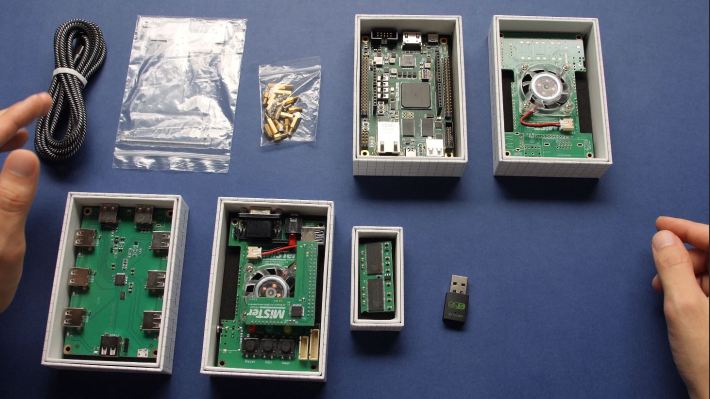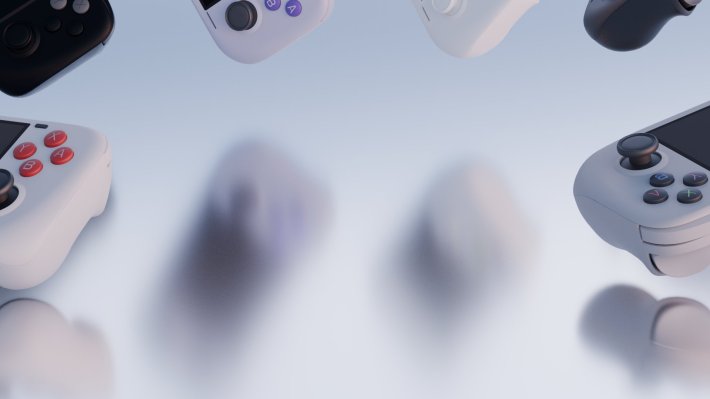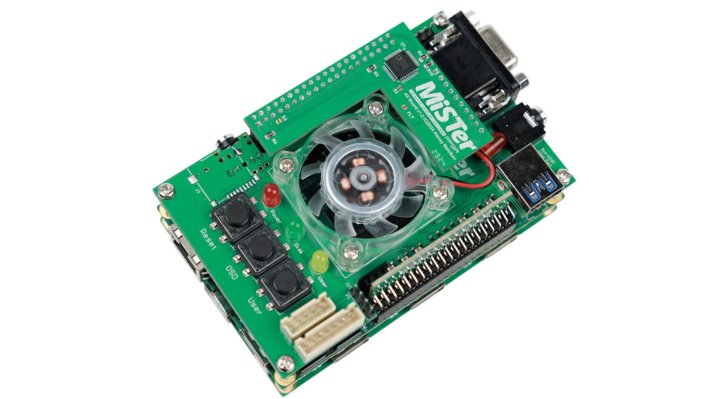Of all the consoles I have ever bought, few rival the sheer usefulness of my MiSTer. Based on a Terasic DE-10 Nano development board, the open source project encompasses a massive amount of consoles, old computers, and arcade machines with pinpoint accuracy. New additions happen every day thanks to the community of developers. I was lucky: I bought my DE-10 Nano board before the massive jump in prices a few years back, which has been the biggest barrier for new people attempting to gain entry to this community. All that may have just changed, thanks to a replacement clone board produced by YouTuber Taki Udon. And he’s not stopping there–he’s hoping to upend the entire MiSTer ecosystem.
https://aftermath.site/the-ultimate-snes-remasters-are-rom-hacks-with-cd-quality-audio
I first became aware of Taki Udon while looking up reviews of retro handhelds on YouTube. His channel, with 369k subscribers as of this writing, often focuses on the inexpensive but powerful emulation handhelds from companies like Anbernic. There are countless devices like this with names like R35S, TRIMUI Smart Pro, or Miyoo Mini Pro. Most of them run some variant of Linux and are between $30-$100, which buys you a shocking amount of device.
Taki himself never appears on camera. All you see are his hands, usually in front of a single color sheet of seamless paper peppered with retro devices and narrated by his enthusiastic, cheerful voice. He does not talk about his personal life or experience explicitly (he says he wishes to open up in a video series later), but he says he is in the business of hardware development in China.
“I never liked that MiSTer was tied to a platform that was out of reach for many people,” Taki told me over Discord “For a few years, I wanted to do something with FPGA, but there was never a good opportunity. Late last year, I started having discussions about whether or not it would be possible to create a successor platform for developers to migrate to with more performance at a lower price. I reached out to members of the community to get some feedback on what kind of hardware features they would want in an upgraded dev board.
“While that was happening, we started to work on creating a board that could run MiSTer as-is to get some experience making a board,” Taki told me. “When that board was done, we felt confident that we could make a similar board with an upgraded FPGA, but I thought it would not further our goal of trying to get more people into FPGA gaming if we did not offer up the R&D board that we had. We would have also fragmented the community because there are a lot of people who still want to enjoy the systems that are supported by the current Cyclone V. So we paused work on making the successor platform and turned our focus to building out a cost-effective roadmap based on CV5.”
When Taki announced that he was not only creating a more affordable MiSTer clone board, but several commercial consoles and handhelds, I was taken aback. Announcing that many products is surprising to say the least. But his background, coupled with his close proximity to hardware production in China, goes a long way to explaining how that might happen.

“Yeah, I live in China. I worked in consumer electronics for several years before forming my new company,” Taki said. “When it comes to prototyping, there are a lot of things that are easier to do here. There is no shortage of PCB companies that you can work with, and it is fast and cheap to get boards made by some of the companies that you mentioned. Those companies already have great pricing on their global websites, but they charge way less on the domestic platform.”

Over the last few months, Taki has been teasing out a drip feed of hints and images, asking for design feedback from the community with the product line growing more and more ambitious. His account is one of the few I have notifications turned on for, and usually updates late at night. As of this writing, multiple products have been announced: “Flagship, mainstream, budget cartridge, and two handhelds,” Taki told me.

“After I decided that I wanted to sell the bare $99 board, I sat down and decided to try and come up with a product roadmap that would reuse the work that we had already done. I took a full day to draw 2D ID for three consoles and a single handheld. I'd have to look at timestamps, but I remember it taking 14 hours or so. The next day, I had a meeting with my cofounder, and I pitched all four products to see which ones would get greenlit. Needless to say, they all got approved. Those three consoles turned into four during the rest of the ID stage, and the single handheld split into two.
“For this project, we did some rapid prototyping on accessory boards using those services. It's awesome to be able to get a board file, modify some of the routing, and have the order fully processed and shipped to your house in 48 hours.”
While Taki Udon has been announcing his product roadmap, at least two other Cyclone-V based DE-10 Nano clone boards have emerged on the market, one of which has integrated RAM, by a company called QMTech. Both have been tested by multiple people, and seem to work in that setup. They are not without their limitations and quirks, particularly when it comes to compatibility with the existing ecosystem of MiSTer cases and I/O boards, although QMTech sells their own hats. But that makes Taki Udon’s board and ecosystem of multiple potential consoles all the more interesting, and more competition within this space only further loosens the bottleneck that Terasic has imposed on an otherwise open source project.
Taki does not seem worried. “The community is still kind of small compared to other things that I have worked on, but I think there are a lot of people who are excited about this little niche growing with cheaper products. That motivates me to want to work harder on this. In terms of things being harder than I expected, I wouldn't say anything was really that difficult for the product that will launch this month. Everything has been pretty smooth, all things considered, but that's mostly because we aren't solving any difficult technical challenges to make this product.”
“We are also working on a Switch Lite OLED screen, and that is orders of magnitude more complex from a product standpoint than making the triple stack at a cheaper price. The most difficult thing that we have in this FPGA roadmap is the flagship console. That has a lot of technical challenges that need to be dealt with to get it out the door.”
Minus a slight hiccough involving improper attribution on a RAM silkscreen, which Taki has solved manually with stickers, it looks like the launch was smooth sailing for the MiSTER Pi. Samples have gone out to streamers, they appear to perform identically within a reasonable margin of error, and the first rounds of MiSTer Pis sold out in nine minutes. Assuming there’s no flaws with the production run, the cost to enter the world of FPGA gaming will have been permanently changed. But I’m still waiting for more details about the multiple products he’s about to release. Having a portable MiSTer, or even a fully fledged console, is what I actually have been dreaming about when I have used an Analogue Pocket. I guess only time will tell if that happens and what shape that could take.
Taki Udon's MiSTER Pi boards can be bought here via Retroremake.co, when available.


